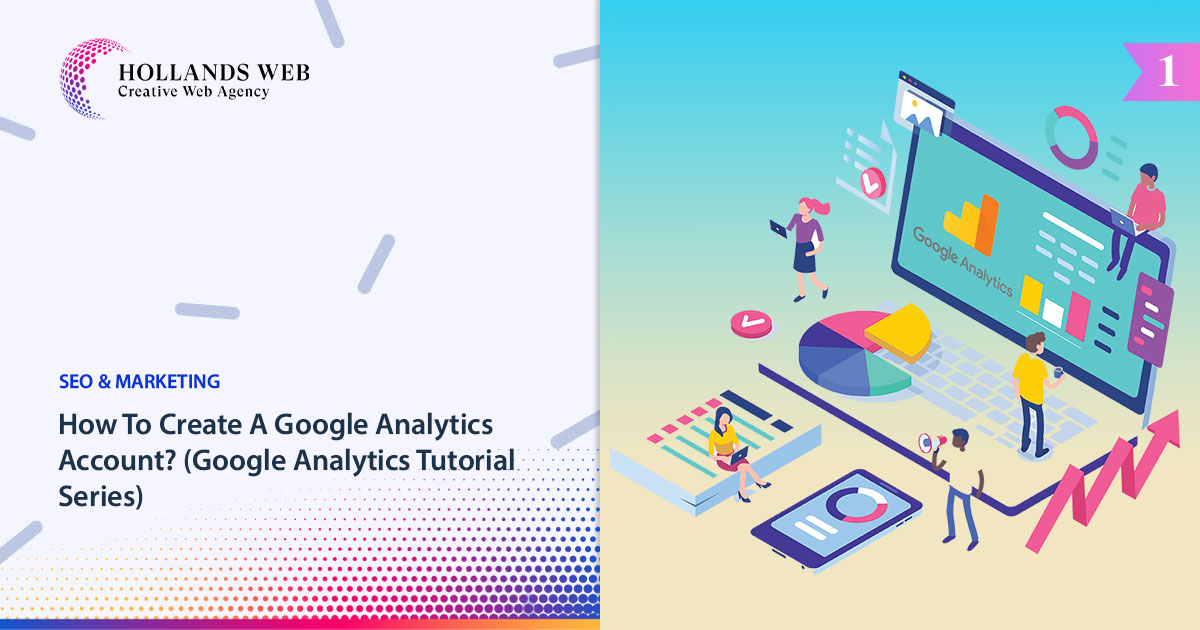No products in the cart.
What is a SERP?
SERP stands for Search Engine Results Pages, and these are the results that you see after you search for a keyword.
There are three different types of SERP:
- Classic SERPs (These are the normal results that you see)
- Universal SERPs
- Extended SERPs
Classic SERPs
Classic SERPs are predominantly what we think of when we think of SEO. These are the regular results that we see on a day-to-day basis and we’re going to cover these elements in more detail when we get onto the On-Page Optimization section.
What we first see is the title tag.
This is one of the most important elements where we need to think about working our keywords. And that’s because search engines pay a lot of attention to the title tag. It’s also the first thing the user sees before they click on your listing.
And below that, we can see the URL. So, essentially that’s your web address.
Below that, we’ve got the meta description tag. That’s a short little snippet that you’ve got to really sell to the searcher that your website is worth clicking on.
And then below that sometimes what you’ll also see are rich snippets. (We can’t actually see this in the results that we’re looking at now because it doesn’t exist in this example.) So in this example, there are some stars and there is a number out of 5, 4.8, and some reviews. And when we use rich snippets in SEO, it really can help with the click-through rate because it makes the results that much more engaging.
The last bit we can see is what we call site links and these tend to show for navigational keywords. Remember, navigational keywords are often brand-related keywords and when search engines think that you’re an authority for a keyword, they like to show more listings from your website.
Universal SERPs
By universal, we’re thinking about videos, we’re thinking about images, we’re thinking about local listings, and you’ll sometimes see some shopping results and also some news results.
These listings all work differently from the Classic SERPs and the optimization techniques will differ as well. For videos, you’ll sometimes see some videos up here, and it really depends on your industry, it may well be that it’s quite uncommon to see videos, but it may well be that local listings are much more common.
For example, if you are a hotels company, then you’re probably going to find there’s going to be a lot of local listings or Google maps that will be showing.
Just to give you an example, This is the Sears Tower that we’ve typed in it, which is a key phrase, and this is in Chicago and it’s also known as the Willis Tower.
In order for your business to appear in these local results, you actually have to register for Google My Business. And because this is quite a popular landmark in Chicago, what’s happened is people had naturally left reviews and that will help with its local listings because they’ve got more reviews. But as a local business, you can actually encourage reviews yourself. You can ask customers to leave reviews for you.
Extended SERPs
The Extended SERPs are relatively new. These have kind of been around for the last, predominantly, the last few years.
- Knowledge graph: The first one is the knowledge graph and we’re going to come to that in a moment and we’ll talk about that in a bit more depth.
- Direct answers: Sometimes you’ll ask Google or a search engine a question, and they’ll actually give you the reply directly. For example, I might ask, “When is high tide in London?” and I would get an answer back from a search engine.
- Related question box: We sometimes see that at the bottom of search engines where you’re just given related results, that’s been around for a while.
- App Packs: These are actually results that are related to mobile apps.
- Twitter Cards: These are just results that are related to Twitter messages.
Some of these will stay for quite a long time, some will go, and we’ll probably find that over time, we’ll get new ones introduced as well.
So just to give you an example, if we look at this listing below, we can see that there is a knowledge graph entry for Digital Marketing Institute and that’s because they are listed in Wikipedia.
Search engines look for facts and Wikipedia is quite a good place to get facts and if you’re, you know, an experienced business or a business of a certain size, you might well have a Wikipedia page and then you become part of a knowledge graph.






 Web Hosting
Web Hosting Web Designs
Web Designs Graphic Design
Graphic Design SEO
SEO Digital Marketing
Digital Marketing